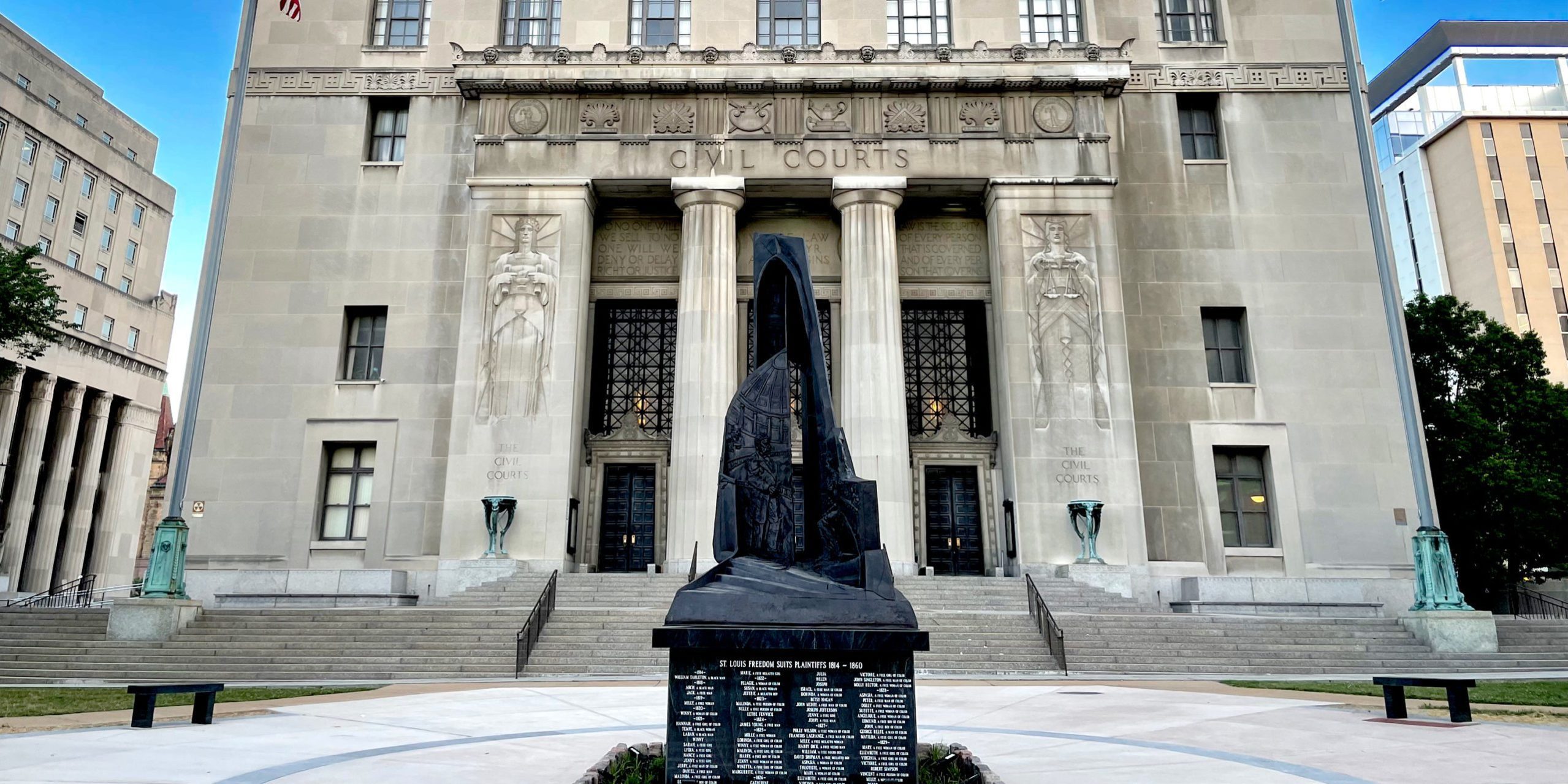On May 28, 2021, Illinois Governor J.B. Pritzker signed into law Senate Bill 0072, which established the first pre-judgment interest regime in the state. The Amendment applies only to personal injury and wrongful death actions and imposes a 6% pre-judgment interest on future damage awards. The interest accrues from the date of filing. It does not apply to all such cases, though; the Amendment provides defendants the opportunity to set off the pre-judgment interest through speedy settlement negotiations.
The Carrot and The Stick
The setoff provision acts to encourage parties, particularly defendants, to engage in settlement negotiations within one year of filing. Under the Amendment, the interest does not apply to any amount totaling a defendant’s settlement offer which is 1) in writing, 2) made within 12 months of filing, and 3) either expressly rejected by the plaintiff or not accepted within 90 days. The Amendment acts as both the carrot and the stick, encouraging early settlement offers through interest relief while punishing a failure to offer a settlement with the potential for interest added on top of traditional damages and post-judgment interest.
Illinois Constitutional Issues
Immediately after the Amendment’s passing, defendants in Cook County, Illinois, filed a motion arguing that the Amendment violated the Illinois Constitution. On May 22nd, 2022, in Hyland v. Advocate Health and Hospital Corp. (No. 2017-L-3541), the Court rendered its judgment in favor of the defendants. Specifically, the Court held that the Statute violates the Illinois constitutional guarantee to a trial by jury and its prohibition of special legislation.
The Right to Trial by Jury
Article I, Section 13 of the Illinois Constitution of 1970 provides “the right of trial by jury as heretofore enjoyed shall remain inviolate.” Inherent in this provision, according to Illinois courts, is the right a jury’s determination of damages. Defendants argued that mandatory pre-judgment interest violates the right to a jury’s determination of damages, and the Circuit Court in Cook County agreed. Interestingly, the Court noted various jury studies which indicate that juries already include pre-judgment interest, at a rate above inflation, in their damage awards.
Special Legislation
Article IV Section 13 of the Illinois Constitution of 1970 prohibits special legislation, which acts “to prevent arbitrary legislative classifications that discriminate in favor of a select group without a sound, reasonable basis.” Best v. Taylor Machine Works, 179 Ill.2d 367 (1997). Defendants argued, and the Court again agreed, that a pre-judgment interest regime serves as special legislation and therefore violates the Illinois Constitution. The Court held that the Amendment unjustly discriminates in favor of personal injury and wrongful death plaintiffs and against plaintiffs in other tort suits, along with those defendants who were served over one year after the case was filed.
What’s next?
It is certain that we have not heard the last on the Amendment’s constitutionality. After the decision in Hyland, the Cook County Circuit Court issued a general order that anticipates a further ruling from the state’s higher courts. The status of the Amendment will likely remain in flux until the Illinois Supreme Court brings finality to the issue.

 Blog
Blog








